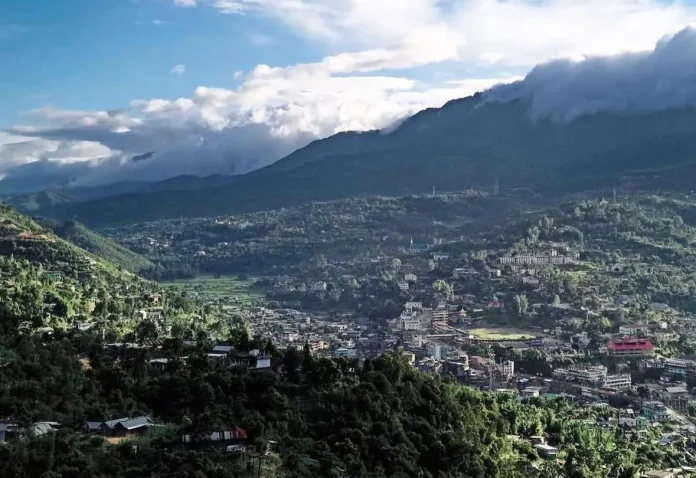In our Naga societies of Manipur, there is an urgent need to critically reflect on and reshape the public narrative that governs our collective life. We must ask ourselves: Who truly represents our people in the spaces where decisions are made – decisions that could determine the very future of our communities?
Are all voices heard equally? Or are the voices of the privileged and opportunistic few amplified, while the authentic voices of ordinary Nagas – especially those from less privileged and marginalized backgrounds – are systematically silenced or sidelined? This imbalance in representation raises uncomfortable but necessary questions about justice, equity, and the kind of society we wish to build for future generations.
If we are to move forward with integrity, we must begin to recognize and amplify the authentic voices – voices rooted not in wealth, power, or opportunism, but in the lived realities of the majority of our people. These voices carry the moral authority of experience, of struggle, of resilience. They represent the cultural and traditional essence of our communities, the very foundations of our indigeneity and identity.
For too long, our approach to development has been dictated by top-down models, shaped more by external agendas and elite interests than by the aspirations of our own people. What we need today is nothing less than a paradigm shift – from dependency to ownership, from imposed structures to community – driven development. This means empowering villages, grassroots leaders, and community representatives to be active custodians of their own progress, rather than passive recipients of decisions made elsewhere.
To honor the dignity of our struggle and safeguard our future, we must broaden the tables of planning and decision-making to include those who have been systematically excluded. Only then can we truly claim to be building an inclusive Naga society – one that embodies the wisdom of our traditions while courageously addressing the challenges of the present.
The time has come for us, as a people, to ask: Will we allow our destiny to be shaped by a narrow elite, or will we embrace the courage to build a more inclusive and representative future together?
R K Paul Chawang
Social Activist
8638109885

